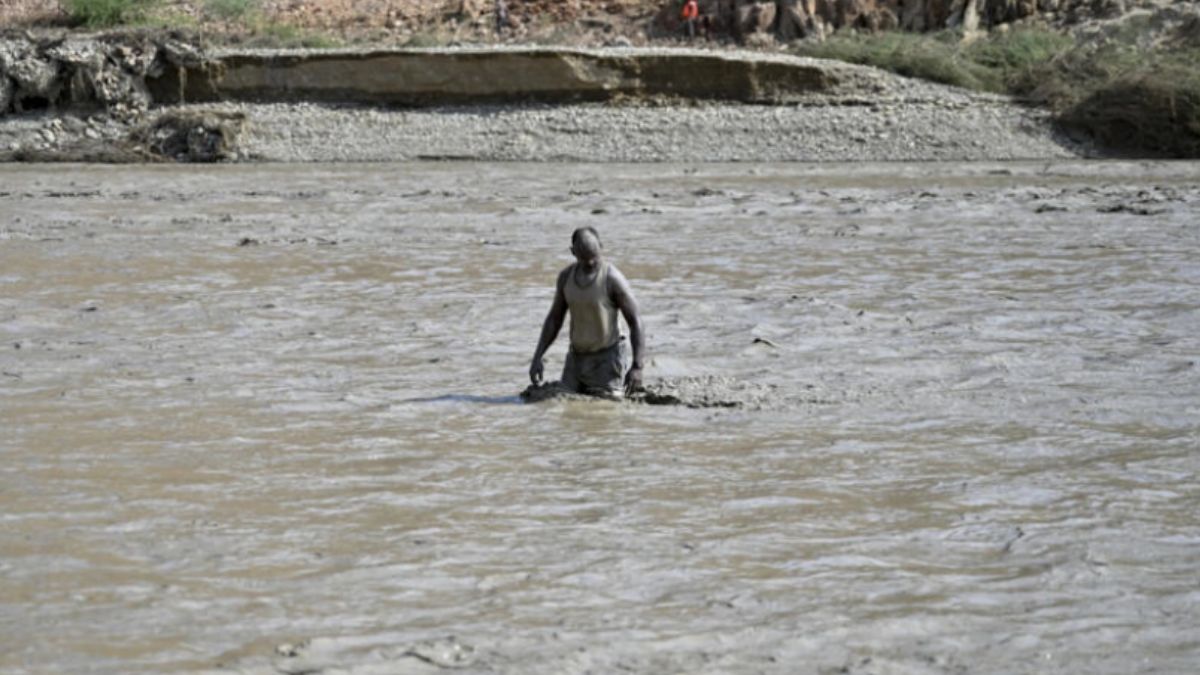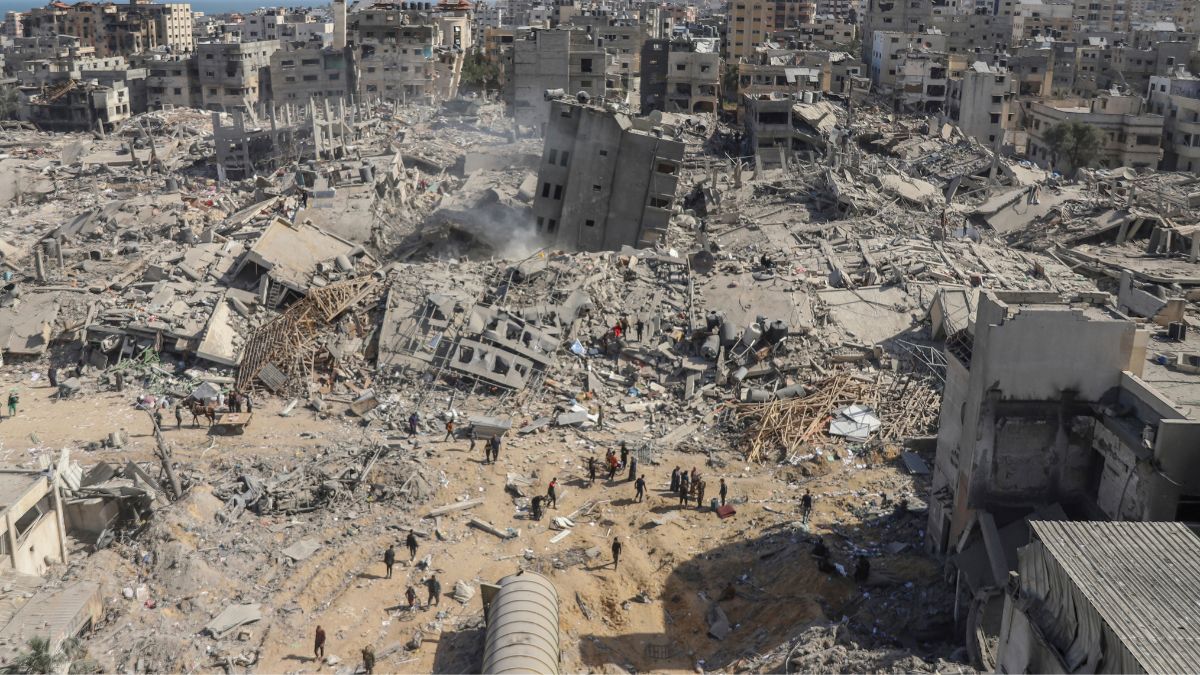Mpox virus has so far infected more than 14,000 and killed more than 500 people in Africa this year read more
)
A child with mpox during the 2022 outbreak in the Democratic Republic of the Congo. File Image/Reuters
As infections and deaths continue to rise, the World Health Organization (WHO) has declared the mpox outbreak in Africa a global health anniversary.
At a press briefing on Tuesday, WHO Director-General Tedros Adhanom Ghebreyesus said that the Emergency Committee convened last month had recommended declaring the mpox as a global health emergency and he had accepted the advice. He said the outbreak was very worrying.
“The detection and rapid spread of a new clade of mpox in eastern DRC [Democratic Republic of Congo], its detection in neighbouring countries that had not previously reported mpox, and the potential for further spread within Africa and beyond is very worrying. In addition to other outbreaks of other clades of mpox in other parts of Africa, it’s clear that a coordinated international response is essential to stop these outbreaks and save lives,” said Tedros.
LIVE: Media briefing with @DrTedros on outcome of the #mpox Emergency Committee meeting https://t.co/oghcXCgqcl
— World Health Organization (WHO) (@WHO) August 14, 2024Compared to this time last year, the mpox cases are up by 160 per cent and deaths are up by 19 per cent, according to The Associated Press.
The news agency reported that mpox has been detected in 13 countries this year and has infected more than 14,000 people and killed at least 524.
75% of deaths among children
The vast majority of infections and deaths this time are among the children in Congo, according to Africa Centres for Disease Control and Prevention (CDC).
The Africa CDC has said that 70 per cent of cases in Congo are children under 15 and 85 per cent of deaths are also among children, according to AP.
The death rate is also higher this time. While the death rate in the outbreak in 2022 was around 1 per cent, the death rate is around 3-4 per cent in Congo this time, according to the agency.
Jacques Alonda, an epidemiologist working in Congo, told the agency that he and other experts were particularly worried about the spread of mpox in camps for refugees in the conflict zones.
“The worst case I’ve seen is that of a six-week-old baby who was just two weeks old when he contracted mpox,” Alonda said, adding the baby has been in their care for a month.
Alonda further said, “He got infected because hospital overcrowding meant he and his mother were forced to share a room with someone else who had the virus, which was undiagnosed.”
WHO scrambles to aid as Africa lacks vaccines
Congo has said that it needs around 4 million vaccines to deal with the outbreak and the WHO has said it is helping arrange vaccines and other therapeutics.
Tedros said said, “WHO is on the ground, working with the affected countries, and others at risk, through our country and regional offices, as well as with partners including the Africa CDC, NGOs, civil society and more… We’re supporting countries to access vaccines and develop the strategies to roll them out.”
This time, lesions are occurring on the genitals and the symptoms are milder, which makes the disease harder to spot. Usually, the lesions have previously been spotted on chest, hands, and feet.
Mpox, previously called monkeypox, is from the same family as the smallpox virus. Once you contract the virus, it usually takes 6-13 days for the symptoms to appear and the symptoms include fever, headache, muscle pain, backpain, fatigue, chills, etc, according to Healthline.
The rash develops usually within one to three days of fever, which is usually the first symptom.

 2 months ago
17
2 months ago
17
)
)
)
)
)
)
)
)
)
)
)
)
)
)
)
)
)
)
)
)
)
)
)
)
)
 English (US) ·
English (US) ·